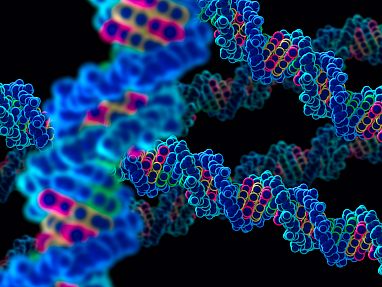Upcoming Events

- This event has passed.
Learn about amazing genetics advances since the Human Genome was mapped (20 years ago) and what consumer genetic testing means for you!
It’s been 20 years since the groundbreaking science advancement of mapping the human genome. What is a genome, anyway? What changes in science, technology and society were spawned by the project?
ISC is excited to host Dr. Jeffery Schloss, a former Division Director at NIH in the National Human Genome Research Institute (NHGRI). He’ll tell us about how things have changed and some things worth knowing about the human genome. He will answer questions like:
- Why does genetic research matter to those of us who are not biologists or geneticists?
- What is important to know about the popular “recreational” genetic tests anyone can buy, like 23andMe or AncestryDNA?
- And your questions too!
Wednesday, March 31
6:00pm – 7:15pm (CT)
Space is limited. To receive Zoom link, register today.
Suggested donation: $10
Jeffery A. Schloss, Ph.D., is experienced in leading programs to develop and implement genomic technologies. He was most recently Director, Division of Genome Sciences, Extramural Research Program, National Human Genome Research Institute (NHGRI), U.S. National Institutes of Health (NIH), where he supervised the scientists who were responsible for well-known, productive programs such as NHGRI’s Genome Sequencing Program, ENCODE, 1000 Genomes, $1,000 Genome Technology program, and much of NHGRI’s informatics program, and NIH Common Fund programs including KOMP, LINCS, H3Africa, Protein Capture, and the Human Microbiome Program.
Earlier, as Program Director at NHGRI, Schloss developed and implemented the program to develop technologies to sequence human genomes at a cost of $1,000, and the Centers of Excellence in Genomic Science; in the early days of the Human Genome Project (HGP) he managed grants to centers that were building human and model organism physical and genetic maps, and helped initiate the scale-up to HGP sequencing. Schloss served on trans-NIH and trans-federal-agency programs including the NIH Bioengineering Consortium and the National Nanotechnology Initiative. He was previously on the biology faculty at the University of Kentucky after a postdoc in the biology department at Yale University, having earned the PhD degree in cell biology at Carnegie Mellon University and BA in biology at Case Western Reserve University.


